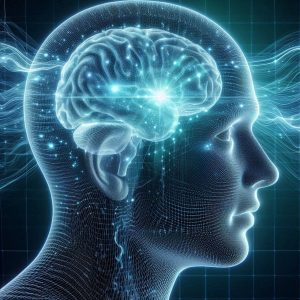The project at a glance
-
Start date:15 Mar 2022
-
Duration in months:48
-
Funding:Bioserenity / Bioserenity / University of Luxembourg
-
Principal Investigator(s):Aliette LOCHYLouis Maillard (external)Bruno rossion (external)
About
The existence of inter-individual variability in hemispheric dominance for language processes implies to measure this cerebral asymmetry objectively and individually in neuroscience. It is especially the case in the clinical context of epilepsy, that is accompanied by developmental disorders and a greater variability in hemispheric dominance. This question arises even more in temporal focal epilepsy, which constitute the population most at risk for developing cognitive impairments after surgery when it is performed in the dominant hemisphere. A highly promising technique for assessing lateralization and language abilities is Fast Periodic Visual Stimulation (FPVS) coupled with electroencephalography (EEG). This measurement offers advantages in terms of objectivity and sensitivity, as well as promising results regarding the link between EEG-FPVS-measured biomarkers, such as neural response amplitudes, and behavioral measures of fluency in written language recognition. Thus, the first objective of this project is to identify and optimize new EEG biomarkers related to lateralization and language performance, evaluated in patient groups (pharmacoresistant epilepsy) who have already been diagnosed and whose hemispheric dominance has been independently determined through cortical electrical stimulation (the reference method). The ultimate goal is to compare biomarker measurements recorded for language before and after surgery to establish a model of cognitive outcomes. The second aim is to develop this objective, sensitive, and reliable measurement approach, which will contribute to the individual evaluation of lateralization and language performance in terms of lexical and semantic aspects in healthy adults.
Organisation and Partners
- Department of Behavioural and Cognitive Sciences
- Faculty of Humanities, Education and Social Sciences (FHSE)
- Université de Lorraine
- CHRU-Nancy
Project team
-
Aliette LOCHY
-
Louis Maillard
Université de Lorraine CHRU-Nancy
-
Bruno rossion
Université de Lorraine CNRS, IMoPA, Nancy
-
Marion Marchive
University of Luxembourg
Keywords
- Biomarkers
- Language
- Lateralisation
- Visual word recognition
- Frequency-tagging
- EEG
